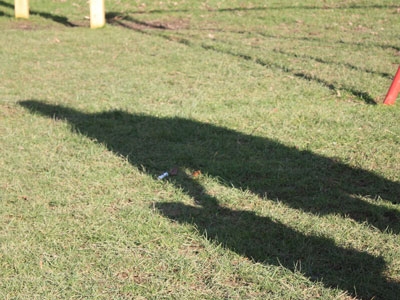
Today’s report from the education select committee is a major step towards healing the damage and hurt in the residential child care sector.
While previous reports and discussions have included many extrapolations and interpretations of evidence, here we have the transparency that those working in the children’s homes sector have been seeking. Its balanced approach will help to recover professional identity and esteem.
Residential child care requires remarkable amounts of resilience in each person and organisation. Many in the sector have not been able to recognise themselves as they have been described – in the media and by government – these past years.
They will welcome the report’s ambition when it states: ‘We recommend that the government develops a national strategy for care provision, with residential care reconsidered within that context, informed by assessments of need at local, regional and national level. This should also aim to re-position residential care as a positive choice for the right children and young people in the right circumstances.’
‘Disconnected and disoriented’
The MPs’ words will also strike a chord too when they say: ‘A national strategy for care provision based on better assessments of need would benefit children in care and the sector more generally, as well as making the most efficient use of resources. The government should work towards developing such a strategy.’
After two years of feeling disconnected and disoriented, the sector can start to feel a valued part of the provision that is designed to meet the needs of all our young people.
The committee knows improvement comes not only through technical tweaks, but mainly cultural change. The government’s reform programme already asks too much of a depleted sector and the committee is right to keep an eye on the progress of the new location risk assessments. These could present a major burden to local government, agencies and providers, rendering them impractical.
And on location, another question has to be asked: should we only be concerned about children’s homes, or fostering in those areas too? And what about birth families? The location assessments present an opportunity for big steps in collaboration between agencies and this must be driven forwards by all partners.
‘No more doing away with homes’
Safety, specialism and choice in placements require strategy, but to recall my colleague’s words above, it requires a cultural shift that appreciates children’s homes meet elemental needs that have existed through history. There should be no more experiments of doing away with homes. The evidence is clear about what happens when this has been tried.
The Independent Children’s Homes Association (ICHA) will shortly be publishing a national consensus good practice reference document regarding Regulation 33 monitoring visits for homes. This will be available for all to use and the organisation will also support the development of the Regulation 33 Network to provide advice, support and guidance.
The ICHA has also adopted the South East protocol as a position statement to reduce the offending and criminalisation of children in care and will be looking for police colleagues to adopt this across England.
Jonathan Stanley is chief executive of the ICHA


 ‘Dear Sajid Javid: please end the inappropriate detention of autistic people and those with learning disabilities’
‘Dear Sajid Javid: please end the inappropriate detention of autistic people and those with learning disabilities’ Ofsted calls for power to scrutinise children’s home groups
Ofsted calls for power to scrutinise children’s home groups Seven in eight commissioners paying below ‘minimum rate for home care’
Seven in eight commissioners paying below ‘minimum rate for home care’ A groundbreaking course preparing care leavers and other young people for independent living
A groundbreaking course preparing care leavers and other young people for independent living 
 Facebook
Facebook X
X LinkedIn
LinkedIn Instagram
Instagram
Comments are closed.